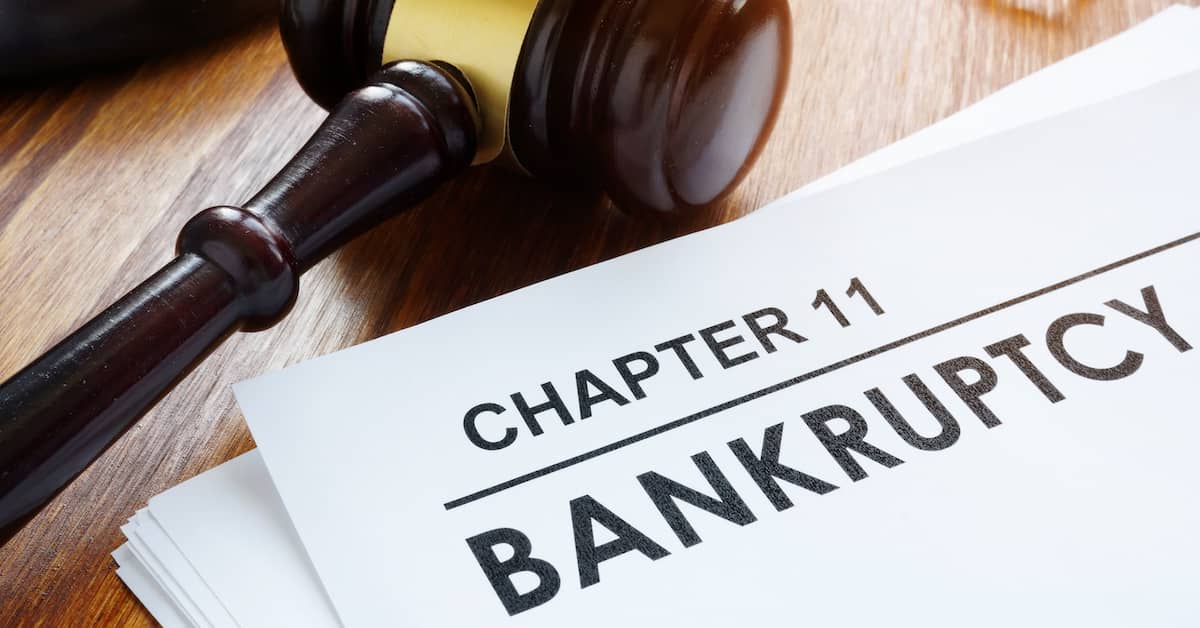How to Check Your Broker for Complaints or Fraud
When choosing someone to trust with your investments, it is important to check your broker for complaints or fraud. While your broker should recommend and execute trades with your best interests in mind, unfortunately, this doesn’t always happen. Broker fraud is a significant concern for investors; and, while there are ways a lawyer can help you fight to recover fraudulent losses, it is best to avoid these losses if at all possible.
So, how do you check your broker for complaints or fraud?
Using FINRA BrokerCheck to Review a Broker’s Complaint History
The easiest and most reliable way to check a broker’s complaint history is with FINRA BrokerCheck. The Financial Industry Regulatory Authority (FINRA) works alongside the U.S. Securities and Exchange Commission (SEC) to regulate the securities brokerage industry, and all brokers and brokerage firms are required to register with FINRA. FINRA maintains a public record of complaints against brokers and brokerage firms, which you can access through BrokerCheck.
When you visit the BrokerCheck site and input a broker’s name, you will get a recent history of complaints and enforcement actions against the broker—if there are any complaints in the broker’s file. If there are complaints in the broker’s file, you should review them in detail and make an informed decision about whether they are cause for concern.
In many cases, they will be. While some complaints get dismissed and some enforcement actions involve technical violations that don’t necessarily reflect on a broker’s honesty, many do reflect broker fraud. Even if a broker tries to explain away a complaint as an unsubstantiated allegation from a dissatisfied client or something that happened a long time ago, you should be cautious about hiring any broker who has a history with FINRA. There are plenty of brokers who don’t have a history with FINRA, and there is no reason to take a chance on someone who might not follow the rules or might not have your best interests in mind.
If you input a broker’s name and BrokerCheck says that there are no records on file, this should give you pause as well. All brokers who offer their services to retail investors should be registered; so, if a broker isn’t registered, this is a major red flag.
Additional Red Flags When Choosing a Stockbroker
Along with a history of complaints and no record of registration with FINRA, there are a variety of additional red flags you can—and should—look out for when choosing a broker. You can look for these same red flags if you currently have a broker and have concerns about possible broker fraud.
Some additional red flags when choosing a broker (or researching your current broker) include:
- Negative Reviews or Media Coverage – If a broker has negative reviews from former customers, this may be cause for concern. Likewise, if a broker is facing lawsuits or scrutiny from the SEC, you may be able to find negative media coverage online, and this could be a major concern as well.
- High-Pressure Sales Tactics – High-pressure sales tactics are often a sign of fraud. A legitimate broker will not pressure you to make any investment decisions.
- Lack of Information About the Firm – If you can’t find information about a broker’s firm or confirm a broker’s affiliation with a firm, this could be a sign that the firm doesn’t exist or the broker doesn’t actually work for the firm.
- Lack of Information About Investments – When you work with a broker, the broker should provide you with the information you need to make an informed investment decision. If you cannot obtain information about an investment, this could also be a sign of fraud.
- Lack of Transparency About Commissions and Fees – Similarly, brokers should be upfront with you about the commissions and fees they will earn from your investment transactions. If you can’t figure out how much a trade will cost you (or if you end up paying fees you didn’t expect), this could be a sign of fraud as well.
- “Free Lunch” Seminars – As the SEC explains, “[t]he ultimate goal of free meal investment seminars is typically to lure new clients and to sell investment products, not to educate the public. . . . Even if the free meal does not come with a high-pressured sales pitch, you should expect the “hard sell” in subsequent contacts from the person selling the investment.”
- Promises That Seem Too Good to Be True – Finally, no broker can promise to help you make profitable investments, and there is no such thing as a “guaranteed” return. If a broker makes promises that seem too good to be true, they probably are, and this is probably a sign that you should choose a different investment professional.
Get Help from a Stockbroker Fraud Attorney Today
If you have concerns, our stockbroker fraud attorneys can help. To arrange a FREE consultation with a lawyer at Colling Gilbert Wright, please call (888) 513-3010 or contact us online today.

 (888) 513-3010
(888) 513-3010



